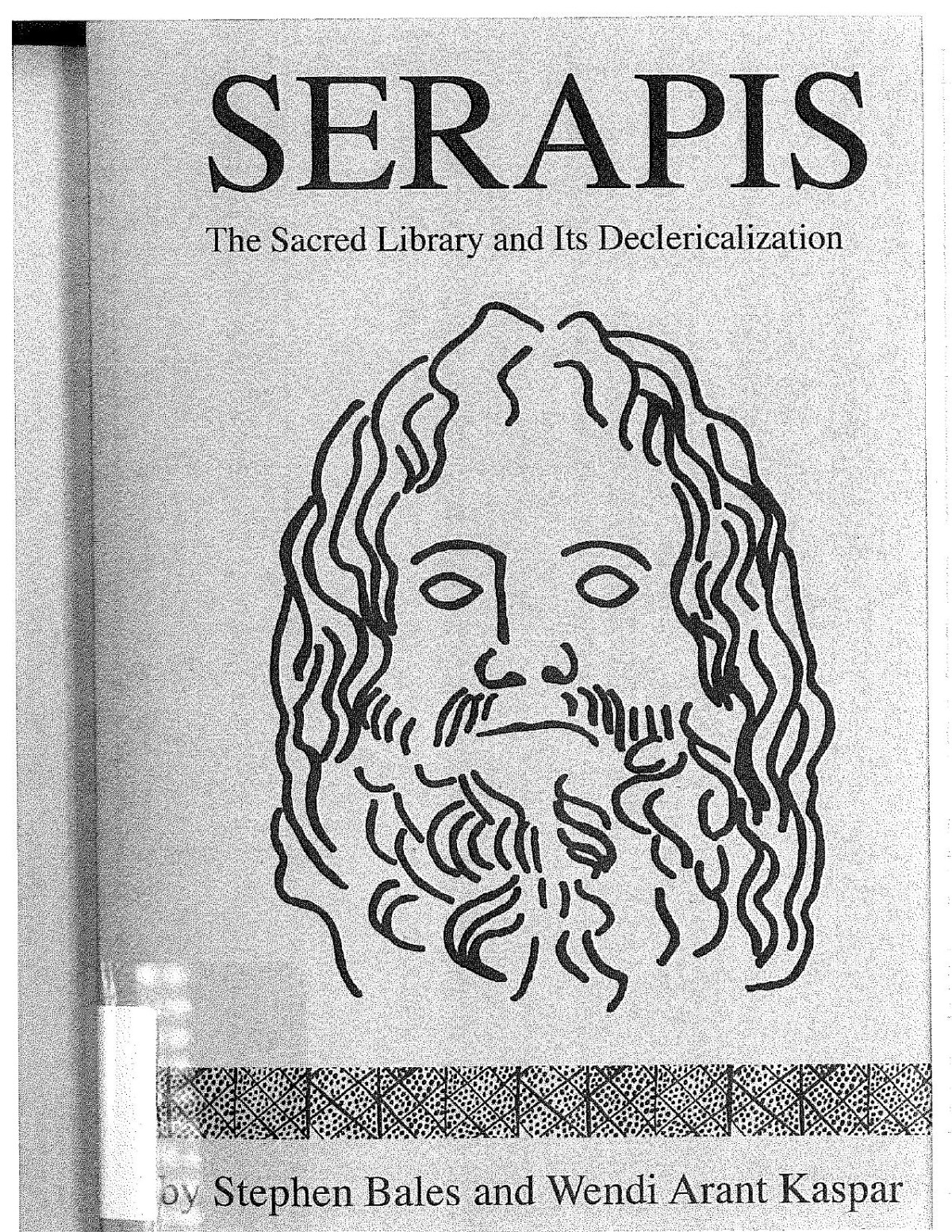

Most ebook files are in PDF format, so you can easily read them using various software such as Foxit Reader or directly on the Google Chrome browser.
Some ebook files are released by publishers in other formats such as .awz, .mobi, .epub, .fb2, etc. You may need to install specific software to read these formats on mobile/PC, such as Calibre.
Please read the tutorial at this link: https://ebookbell.com/faq
We offer FREE conversion to the popular formats you request; however, this may take some time. Therefore, right after payment, please email us, and we will try to provide the service as quickly as possible.
For some exceptional file formats or broken links (if any), please refrain from opening any disputes. Instead, email us first, and we will try to assist within a maximum of 6 hours.
EbookBell Team

4.7
26 reviewsSerapis complements and extends the work done in a previous monograph written by Bales: The Dialectic of Academic Librarianship: A Critical Approach as well as the book chapter “The Academic Library as Crypto-Temple: A Guide to Theory and Practice,” published in the Library Juice edited volume, Class and Librarianship: Essays at the Intersection of Information, Labor, and Capital. The book explores the role of the historical and legacy religious symbols and rituals of the academic library (referred to as the “Serapian Library”) as a powerful ideological state institution and investigates how these symbols and rituals support hegemonic structures in society. Specifically, the book examines the role of the modern secular “Serapian” academic library in its historical context as a “sacred space,” and applies the theories of Karl Marx, Louis Althusser, Ivan Illich, and other thinkers to explain the ramifications of the library as crypto-temple.